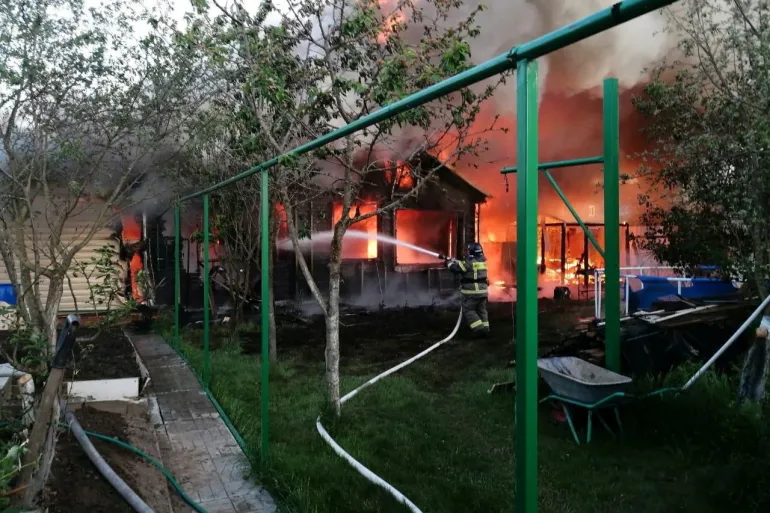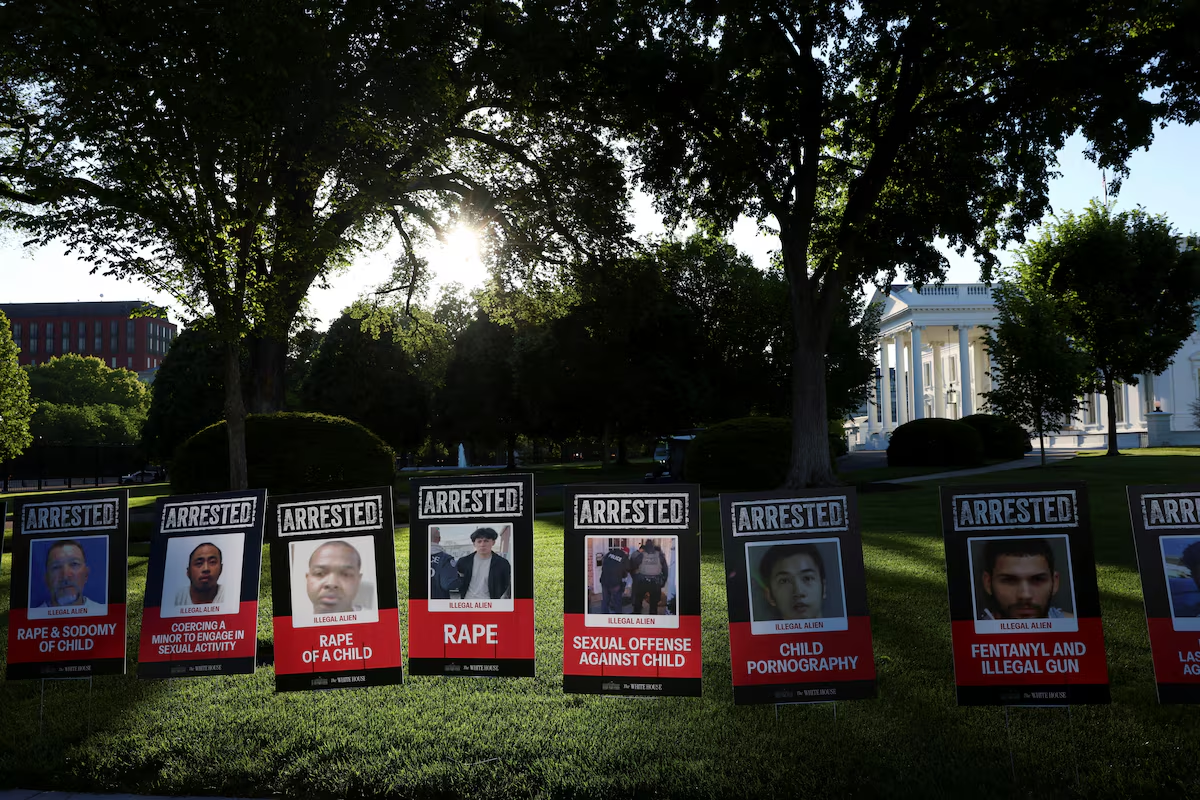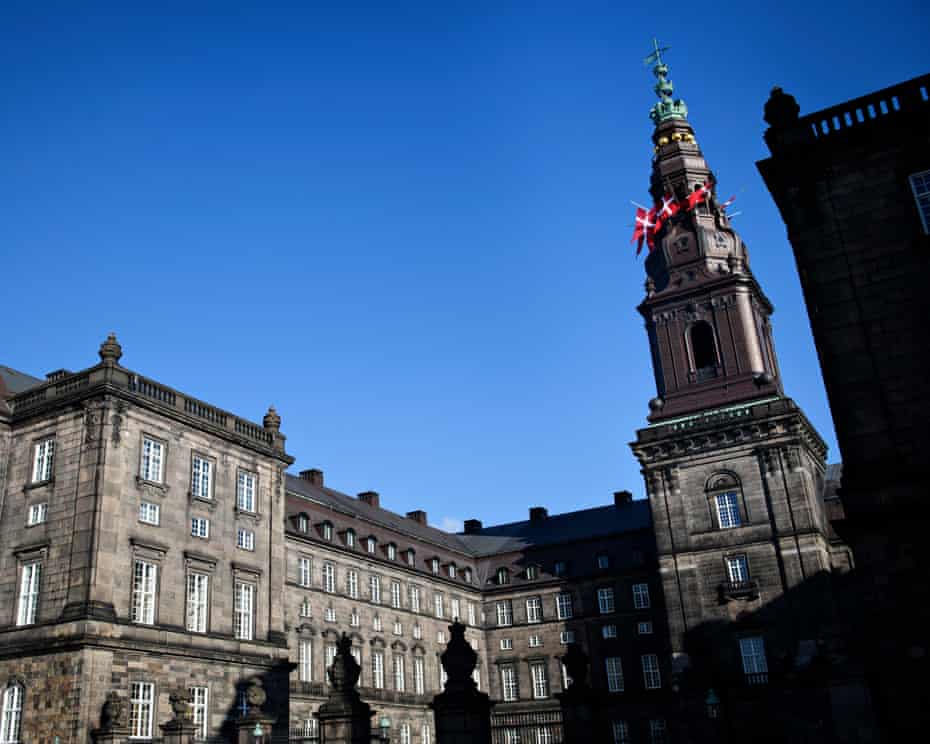Iranian leaders have sharply rebuked former United States President Donald Trump over comments he made during a high-profile tour of the Middle East. In what has become an intensifying diplomatic war of words, Iranian officials called Trump’s remarks “disgraceful” and “provocative,” accusing him of attempting to sow division in the region and undermine Iran’s sovereignty.
Speaking on Saturday, Iran’s Supreme Leader Ayatollah Ali Khamenei denounced Trump’s rhetoric as a continuation of “hostile U.S. policies” against the Islamic Republic. “This man comes to our region with a history of tearing up international agreements and destabilizing our neighbors, and now he dares to call us the source of chaos,” Khamenei said during a televised address in Tehran.
Trump, who is currently on a regional tour that includes stops in Israel, Saudi Arabia, and the United Arab Emirates, used his public platform to denounce Iran’s leadership, accusing them of supporting terrorism and violating human rights. He called for a united front among Arab states and Israel to counter what he described as Iran’s “aggression and malign influence.”
In response, Iranian President Ebrahim Raisi issued a strong rebuttal, calling Trump’s accusations “a recycled pack of lies” and warning that such statements only inflame tensions in an already volatile region. “Mr. Trump is not welcome in the Middle East,” Raisi said. “He and his allies represent the very forces that have wreaked havoc across West Asia. Their failed policies are responsible for endless suffering in Iraq, Syria, and beyond.”
Iranian Foreign Ministry spokesperson Nasser Kanani also joined the chorus of criticism, accusing Trump of trying to manipulate regional politics for his own political gains back in the United States. “He comes here with a divisive agenda. His aim is to fuel sectarianism and provoke hostility between Shia and Sunni Muslims, between Arabs and Persians,” Kanani said. “This strategy has failed in the past and will fail again.”
Trump’s comments have drawn mixed reactions across the region. While Israeli Prime Minister Benjamin Netanyahu and Saudi Crown Prince Mohammed bin Salman expressed agreement with Trump’s stance on Iran, analysts warn that the former U.S. president’s harsh rhetoric risks reigniting hostilities.
According to Middle East expert Trita Parsi, Trump’s visit and comments are “clearly designed to reignite the coalition-building strategy he pursued during his presidency, particularly the Abraham Accords.” However, Parsi warned that “this aggressive posturing may backfire by pushing Iran into a more defiant position, rather than drawing it into dialogue.”
Inside Iran, Trump’s remarks have galvanized nationalist sentiment. Several conservative Iranian newspapers published front-page editorials condemning the visit. The Kayhan daily called Trump’s Middle East tour “a circus of hypocrisy,” while the hardline publication Vatan-e-Emrooz accused Arab leaders of “bowing to a has-been imperialist.”
Protests erupted in Tehran and other major cities, where demonstrators burned effigies of Trump and held banners denouncing U.S. interference. Chants of “Death to America” and “Down with Israel” echoed through the streets, in scenes reminiscent of previous flashpoints between Washington and Tehran.
The controversy marks another chapter in the long-standing hostility between Iran and the U.S., which deepened significantly during Trump’s presidency. His 2018 decision to unilaterally withdraw from the Joint Comprehensive Plan of Action (JCPOA), also known as the Iran nuclear deal, sparked global criticism and led to a sharp deterioration in relations.
Although current President Joe Biden has signaled willingness to reengage with Iran, diplomatic progress has been slow. With Trump’s recent Middle East visit reviving old animosities, hopes for renewed dialogue now appear increasingly distant.
As tensions rise, many observers are calling for cooler heads to prevail. “The region is already fragile,” said UN special envoy Hans Grundberg. “This type of inflammatory rhetoric does not help regional peace and stability. All leaders must exercise restraint.”
Iran’s leaders made it clear they will not be silent. “We will never submit to bullying,” said Khamenei. “Let those who interfere in our affairs know that the Iranian people will defend their dignity at any cost.”
The fallout from Trump’s remarks is likely to echo well beyond his tour, possibly shaping the geopolitical discourse in the Middle East for months to come.
Source: Al Jazeera



